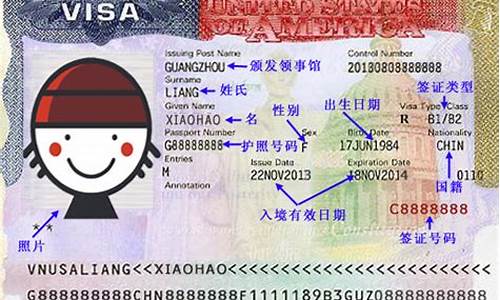Introduction

When applying for a visa, it's essential to submit a signed visa application form to the relevant authority. However, some applicants may not be in a position to sign the form themselves. In such cases, they might wonder if someone else can sign the visa application on their behalf. This article explores whether it's possible to have someone else act as a proxy to sign a visa application.
The visa application process
Before we delve into whether someone else can sign a visa application on behalf of the applicant, let's first briefly examine the visa application process. When applying for a visa, the applicant needs to complete a visa application form and provide supporting documentation. They will then submit both the form and the supporting documents to the relevant embassy, consulate, or immigration office.
Who can sign the visa application?
Generally, the person applying for a visa signs the visa application form themselves. However, if the applicant is a minor or has a physical or mental disability, they may need someone else to sign on their behalf. In such cases, the designated person must provide supporting documentation, such as a birth certificate or a medical certificate, to show that they have the legal authority to act on behalf of the applicant.
Can someone else act as a proxy to sign a visa application?
In some cases, the applicant may not be able to sign the visa application form themselves or designate someone else to do so. For example, they may be unable to visit the embassy or consulate in person due to illness, disability, or living in a remote location. In such cases, the applicant may wonder whether they can appoint someone else as a proxy to sign the form on their behalf.
Unfortunately, the answer to this question is generally no. Most visa application forms require the signature of the applicant, and the authority does not recognize proxy signings. Therefore, in most cases, the applicant needs to sign the visa application form themselves or provide the required supporting documents to designate someone else to sign on their behalf.
Exceptions
While proxy signings are generally not allowed, some exceptions may apply. For example, some embassies or consulates may accept a power of attorney document signed by the applicant that gives someone else the authority to sign the visa application on their behalf.
Additionally, if the applicant is unable to sign the visa application form due to a physical disability, some embassies or consulates may allow them to provide a thumbprint instead.
Conclusion
When applying for a visa, it's essential to follow the relevant application process and requirements carefully. Generally, the applicant needs to sign the visa application form themselves or designate someone else to do so. While proxy signings are generally not allowed, some exceptions may apply, such as using a power of attorney document or a thumbprint in cases of physical disability. It's recommended to check with the relevant embassy, consulate, or immigration office on their specific requirements.








